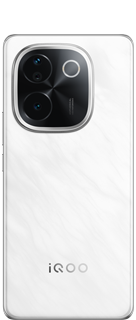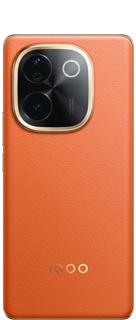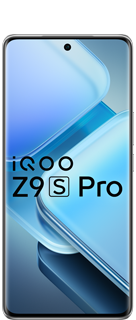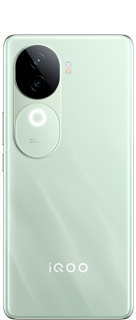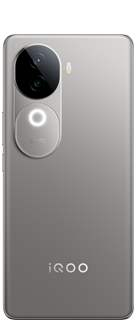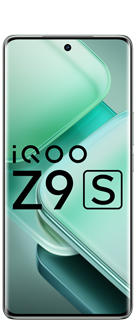No internet? No problem: this Trick BitChat lets you send messages via Bluetooth
Like Jack Dorsey's X alternative - Bluesky, Bitchat is a decentralised instant messaging platform that uses Bluetooth to send and receive messages.

Jack Dorsey, the co-founder of Twitter (now X), has launched a new messaging app called Bitchat that doesn’t require internet connectivity. Unlike WhatsApp and Telegram, which require an active internet connection, Bitchat uses Bluetooth to send and receive messages.
Also, like Dorsey’s X competitor – Bluesky, Bitchat is a decentralised platform, which means it has no central servers. In a post on X, Dorsey said that the new messaging app was his experiment in “Bluetooth mesh networks, relays and store and forward models, message encryption models, and a few other things” and that it gives off “IRC vibes.”

How does Bitchat work?
Like torrents, which use decentralised peer-to-peer network technology, Bitchat works by enabling encrypted communication between nearby Bluetooth-enabled devices. What it means is that Bitchat directly sends messages from one device to another, with every device on the network acting as a node in itself and helping extend the range by a bit.
When users physically move from one place to another, they constantly join and leave local Bluetooth clusters, passing messages from device to device, thereby eliminating the need for Wi-Fi and cellular service.
Since Bluetooth has a pretty short range, the app might only work at a range of around 100 meters, but Dorsey claims Bitchat can relay messages up to 300 meters. Also, messages are stored on the device itself instead of a server and disappear by default. Dorsey also has plans to add support for WiFi Direct with a future update, which can help overcome Bitchat’s current range and speed limitations.
While Bitchat won’t replace WhatsApp anytime soon, it can be useful if you are in a crowded area where network connectivity is patchy at best and want to talk or find your friends or family. Also, like most modern instant messaging apps, Bitchat is end-to-end encrypted, meaning no one other than the sender and receiver will be able to see the contents of the message.
Bitchat also supports rooms – an alternate word for group chats, whose name starts with hashtags and are protected by passwords. These rooms also have a feature where messages can be stored and forwarded to users when they come back online. Since this is purely a peer-to-peer network-based app, each device acts as both client and peripheral. Also, it doesn’t require users to sign up with their email address or phone number.
Bitchat is currently available for Apple users via Testflight, but, as expected, the test has already hit its maximum 10,000 user mark. Dorsey says the app is currently under review and might soon find its way to the Apple App Store. As for Android, Bitchat’s GitHub repo says that the “protocol is designed to be platform agnostic”, which means a client can be built using Bluetooth LE APIs, same packet structure, encryption method and compatible service or characteristic UUIDs.
Similar to Bridgefy, an app used during Hong Kong’s democratic protests, Bitchat will continue working even when internet access is blocked, allowing users to stay in touch during internet outages, shutdowns or surveillance.
Source;IndianExpress
Please like and follow

Please sign in
Login and share



















